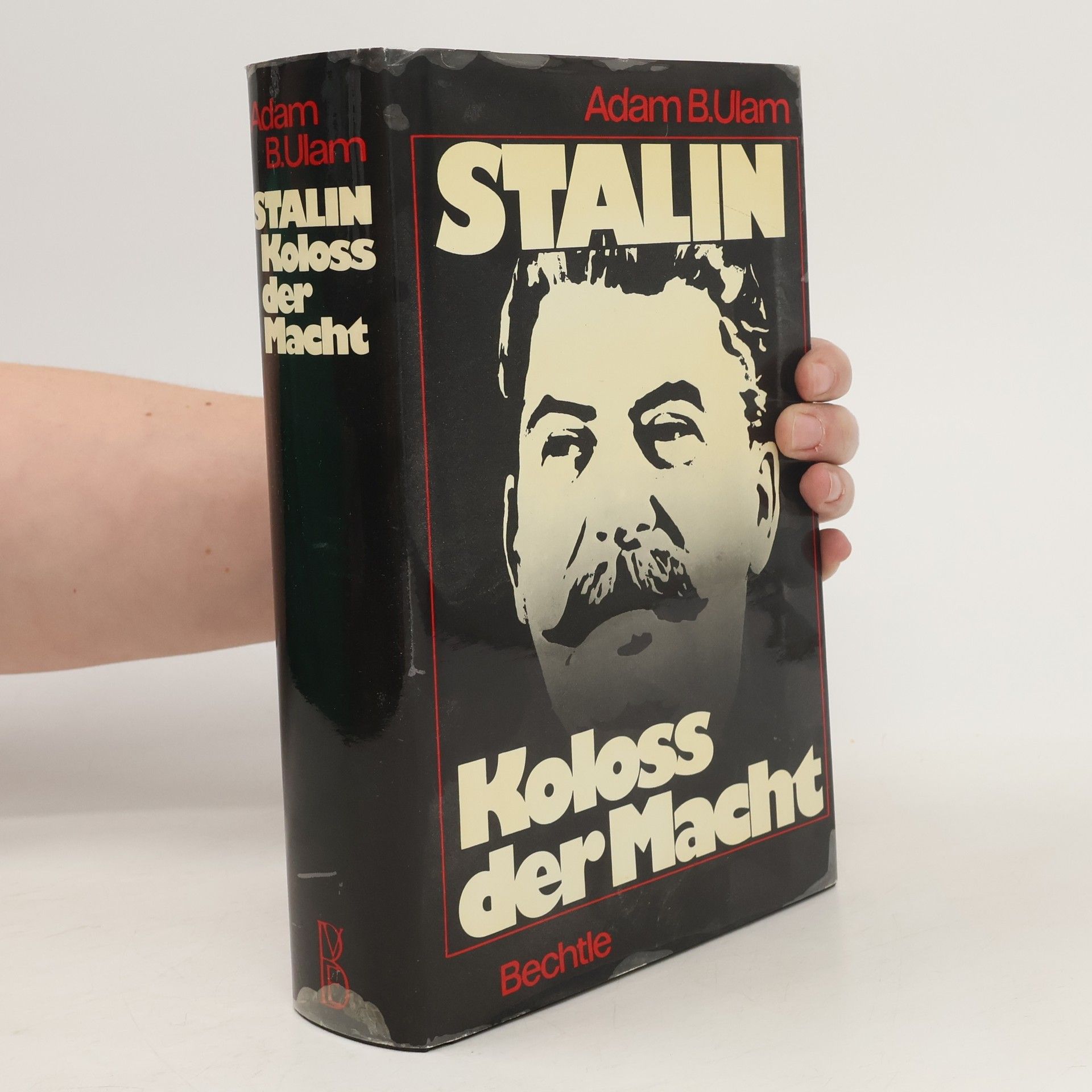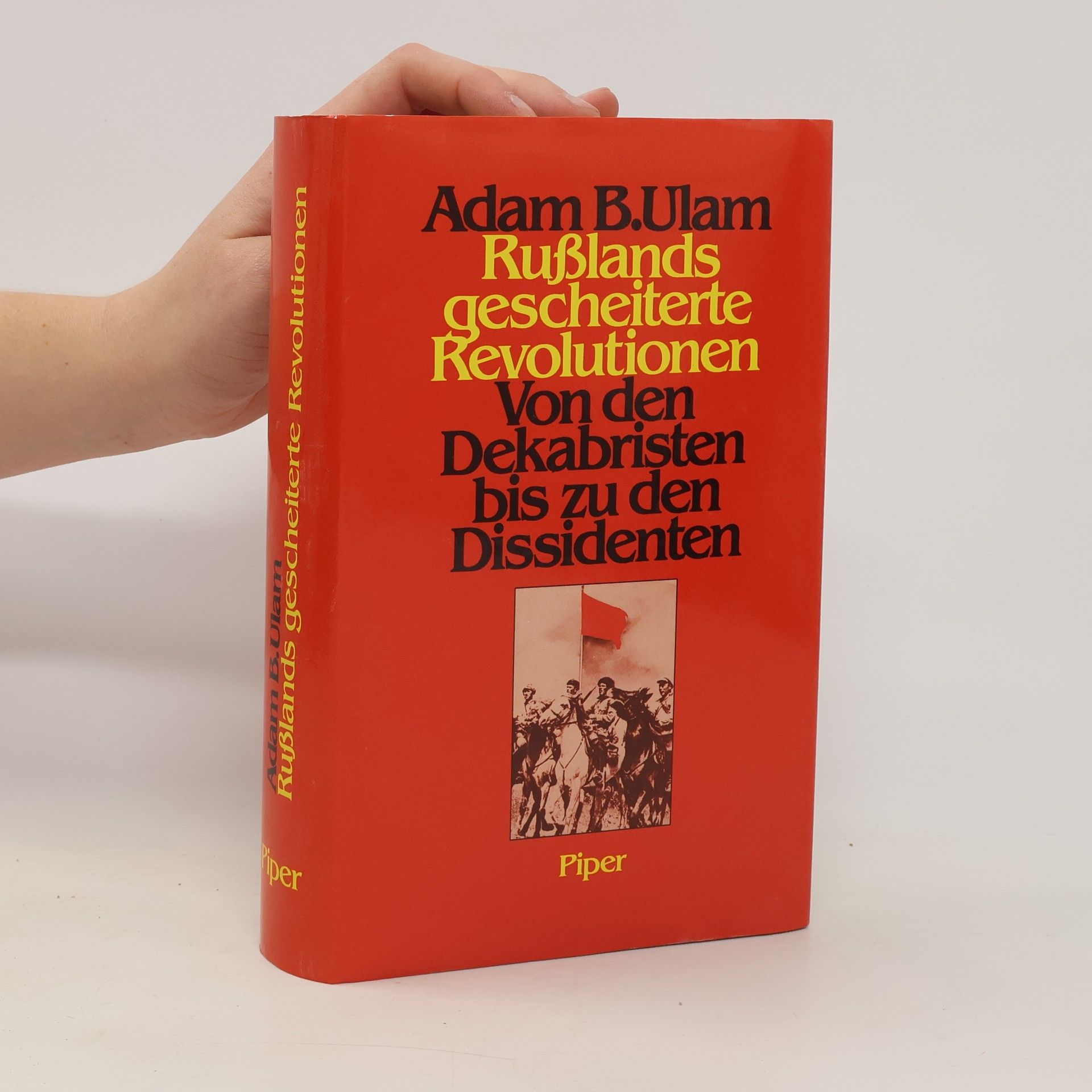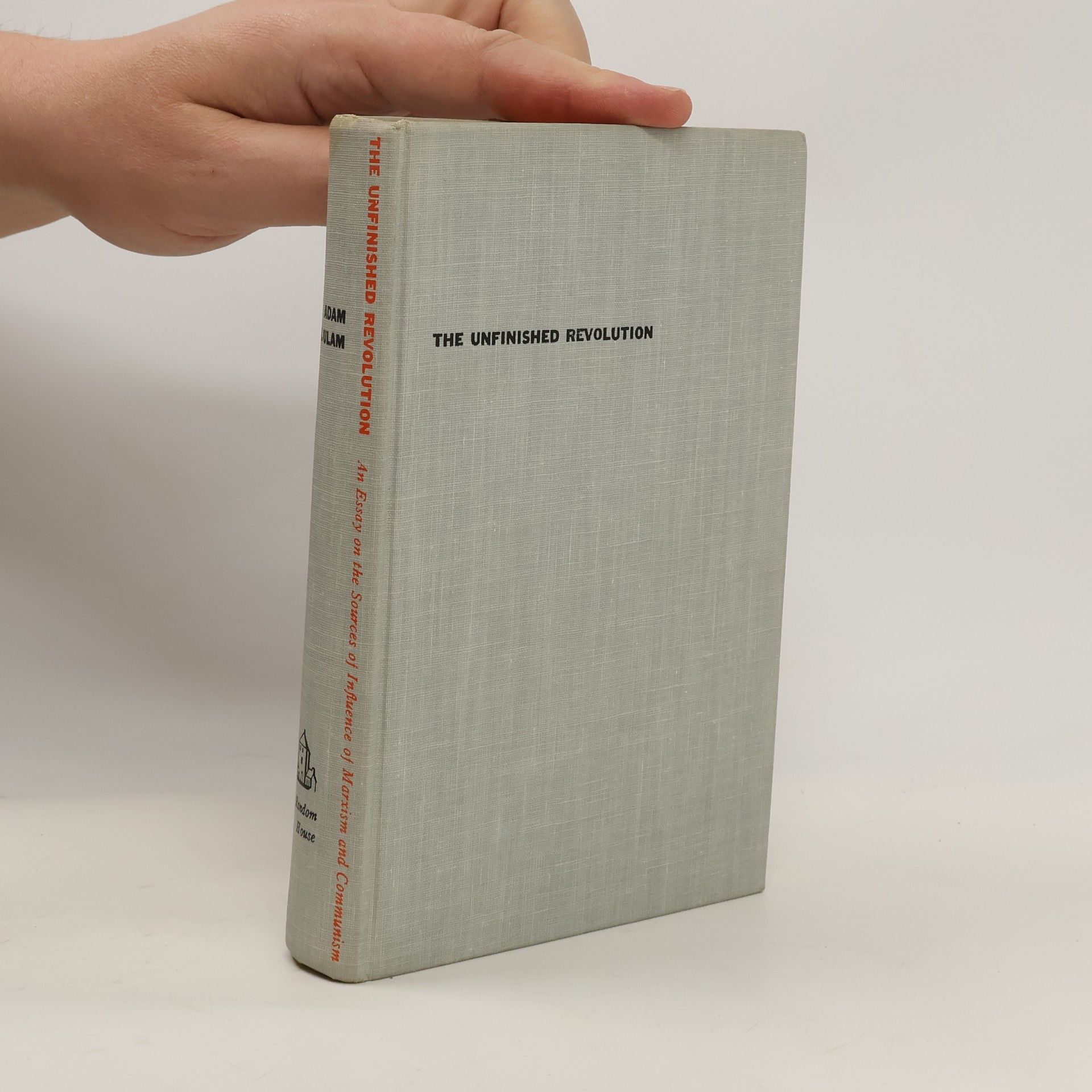Adam Bruno Ulam Books
April 8, 1922 – March 28, 2000
Adam Bruno Ulam was a Polish-American historian and political scientist renowned as a foremost authority on Russia and the Soviet Union. He authored numerous books and articles, delving deeply into the complex history and politics of Eastern Europe. Ulam's approach offered readers unique insights into the pivotal events and intellectual currents that shaped the region. His work provided a profound understanding of the forces driving this critical part of the world.



Russlands gescheiterte Revolutionen
- 572 pages
- 21 hours of reading
Stalin, Koloss der Macht
- 705 pages
- 25 hours of reading